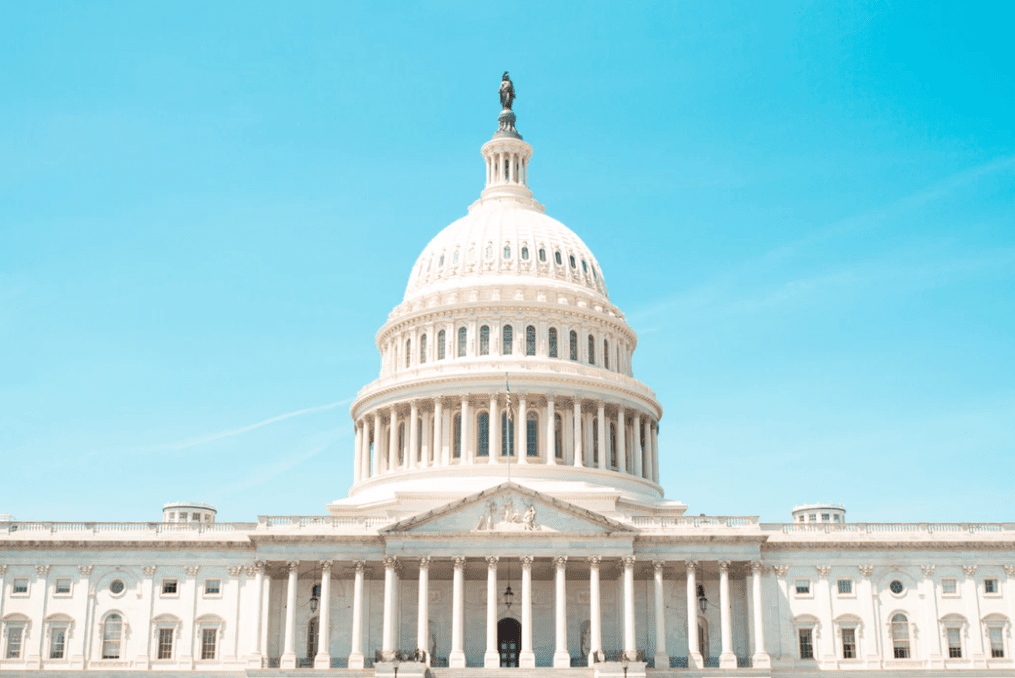Please provide your information and submit this form. Our team will be in touch with you shortly.
The massive fiscal response to the coronavirus pandemic has been fast and enormous. To put it in perspective, the Obama administration package during the financial crisis was $750 billion, and this first big stimulus package is $2.3 trillion. If you have specific questions, please email or call us.
Stimulus Checks
Most Americans will receive a stimulus check or a direct deposit from the US Treasury in the coming weeks. There are income limits. If you have not filed your 2019 taxes, the stimulus will be based upon your 2018 tax return. Social security counts as income. If you need a calculator, here is a link for one that you can use to determine how much, if any, you should expect to receive: https://www.washingtonpost.com/graphics/business/coronavirus-stimulus-check-calculator/
Required Minimum Distributions are gone for 2020
If you are 72 and over or own an inherited IRA, your required minimum distributions are suspended for 2020. This is meant to give your portfolio an opportunity to recover before having to take out funds.
Penalty-free Withdrawals from Qualified Accounts
If you, your spouse or dependent has been diagnosed with the coronavirus or you have been financially impacted by the crisis, you may withdraw precious funds from your IRA or other qualified retirement plan without penalty. Not only is the 10% penalty waived, but you will be allowed to return the funds you withdrew over a three-year period and those contributions will not be counted against your usual contribution limits or taxed. If you do not return the funds to your account, you will have to pay the taxes on the distribution within three years.
Charitable Giving
Even if you don’t itemize your taxes, there is now a $300 above-the-line deduction of cash contributions for charitable organizations for 2020. In addition, individuals will have no adjusted gross income limit on charitable contributions for 2020.
Student Loan Suspension
Student loans and interest on the balances are suspended for six months, through September of this year. This suspension does not apply to private student loans. You can get information here: https://myfedloan.org/
Help for Small Business
If you are a small business and have been impacted in any way, you should consider applying for the Economic Injury Disaster Loan (EIDL) or the Paycheck Protection Program (PPP). Great information can be found here: https://home.treasury.gov/policy-issues/top-priorities/cares-act/assistance-for-small-businesses.
401k Loan Maximum Increased
If your 401(k) plan allows loans, you will be allowed to loan yourself up to $100,000 and the rule that it cannot be more than half of your vested balance has been waived.
Employee Sick or Medical Leave Benefits
The CARES Act requires most employers to provide employees with paid sick leave or expanded medical or family leave. While these provisions change based on an employer’s size and type of organization, it generally requires employers to provide payment if an employee can’t work because they are quarantined or sick, or if they need to care for someone who is quarantined or sick. The breakdown:
- Two weeks (up to 80 hours) of paid sick leave at the employee’s regular rate of pay if the employee can’t work because of required quarantine or symptoms or diagnosis of COVID-19.
- Two weeks of paid sick leave at two-thirds the employee’s regular rate of pay if the employee can’t work because they need to care for an individual subject to quarantine or they need to care for a child whose school or child care provider is closed.
- Up to an additional 10 weeks of paid expanded family and medical leave at two-thirds the employee’s regular rate of pay where an employee is unable to work due to a caring for a child whose school or childcare provider is closed.
Healthcare Provisions
Medicare and all private insurance plans are required to cover COVID-19 related tests, treatments and possible vaccines.
Meanwhile, qualified medical expenses from HSAs were expanded to include a number of expenses, including over-the-counter medical products needed in quarantine or for social distancing.
Remember if you or someone you know loses a job and health insurance coverage, the coverage can be continued under COBRA for a while. COBRA can be an expensive option, but sometimes it is still the best option.
All of these items have large financial planning consequences. If your circumstances have changed, please meet with your financial planner to update your plan.


